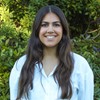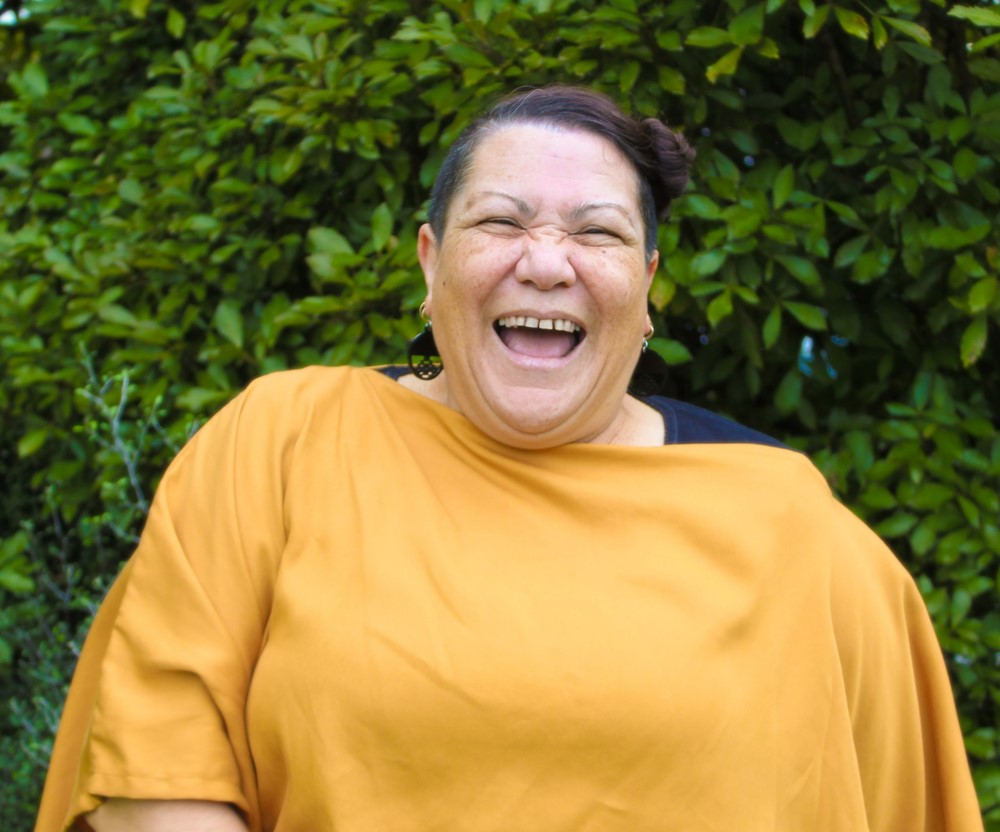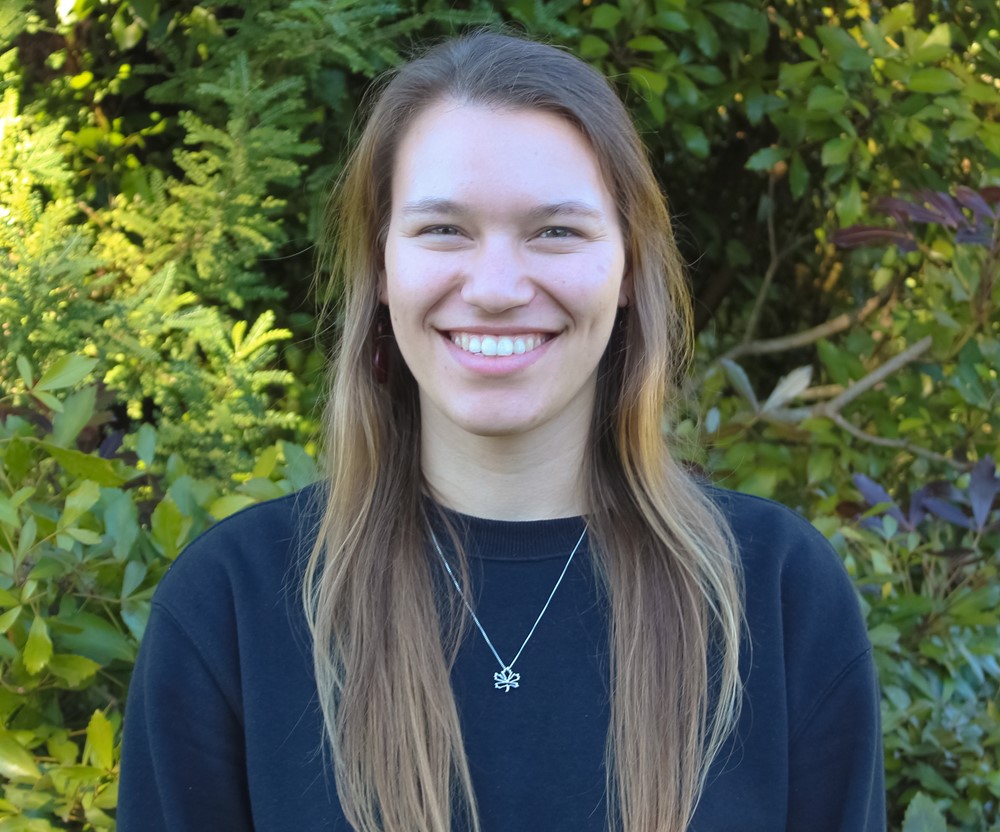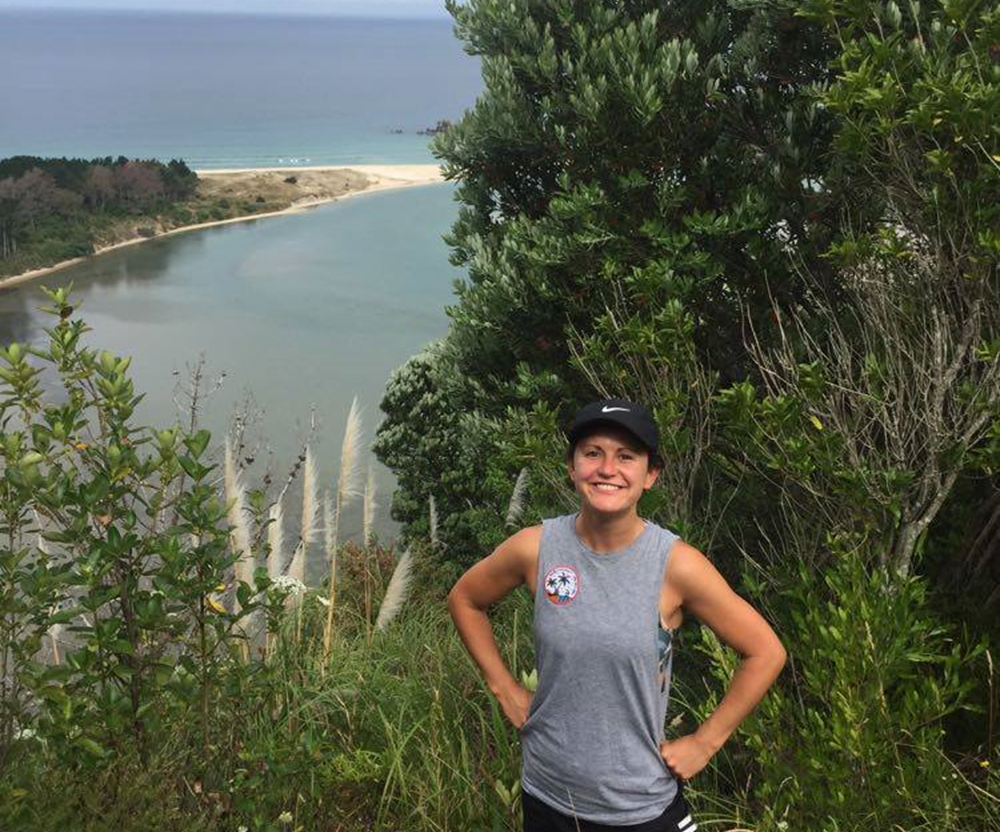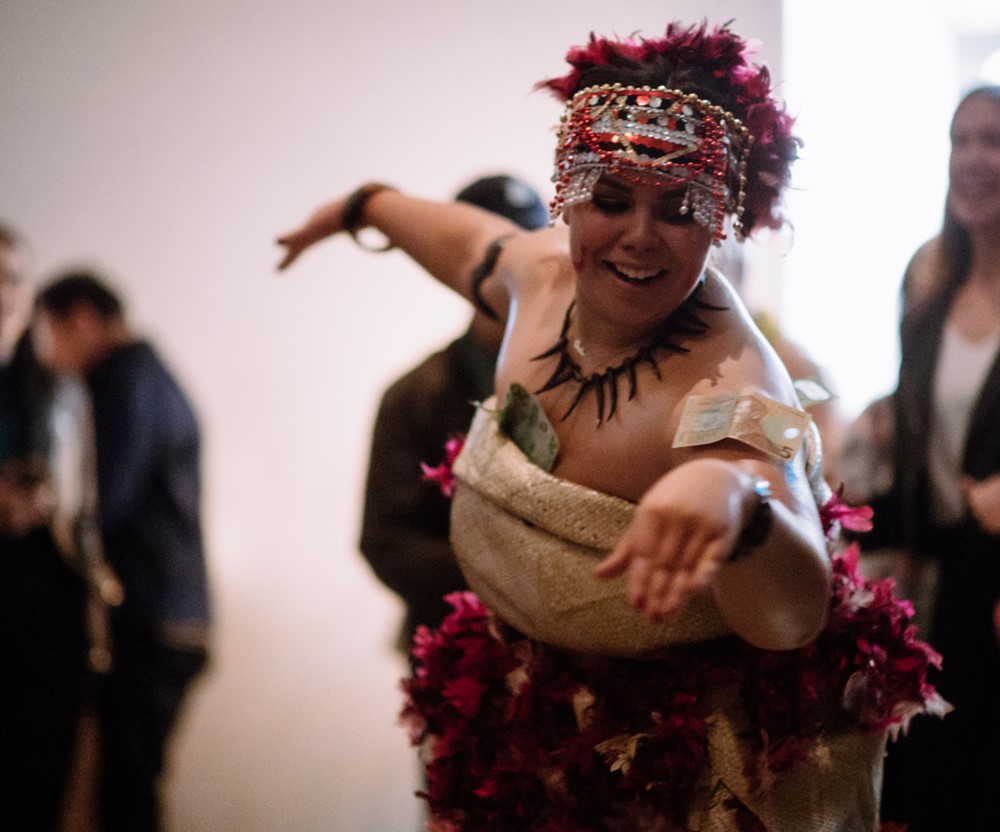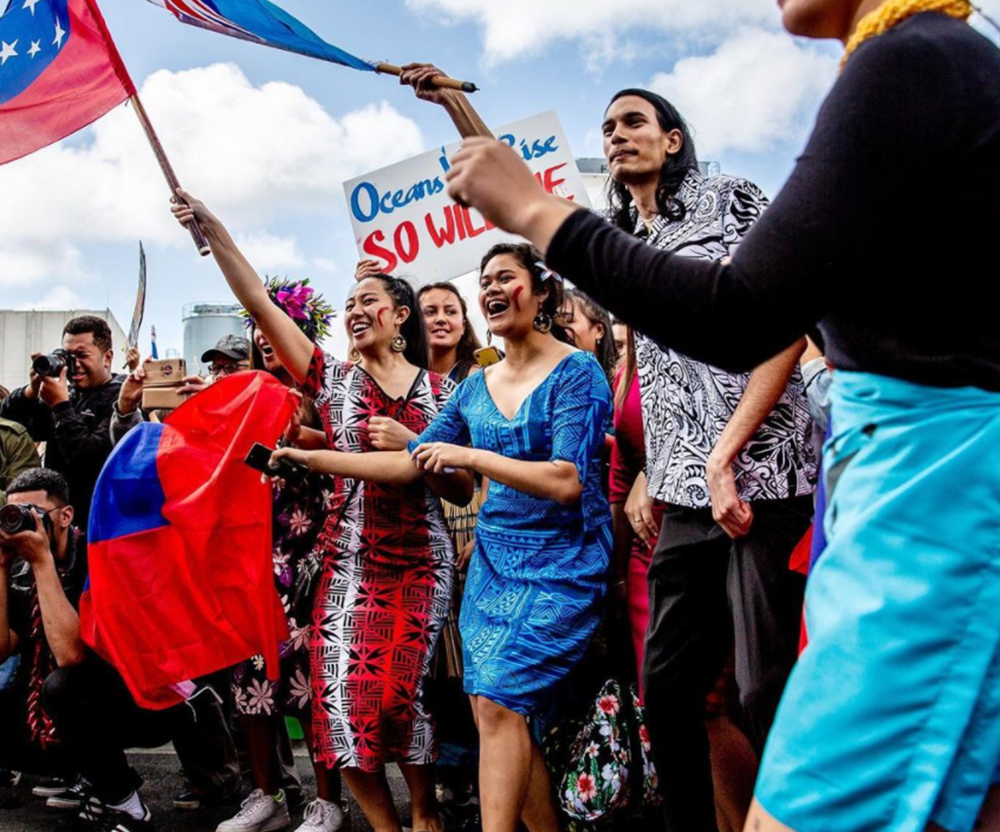
#WAHINEWEDNESDAY: Vaiola Tauti
Meet Vaiola from the 2021 Y25
Categories
This week we learn more about the amazing mahi from our first wāhine from the 2021 Y25: Vaiola Tauti. She is a proud New Zealand born Sāmoan raised from the 274 (Otara), she is the first Pacific/Sāmoan Regional President in UN Youth NZ. Currently studying Global Studies at the University of Auckland, she is passionate about civics education and human rights.
Get to know Vaiola through some quick fire questions:
What are three words to describe yourrself?
I would say clumsy, procrastinator and indecisive but I asked my best friends what their thoughts were and things that repeatedly came up were - visionary, adventurous and diligent!
What are three books you would recommend everyone to read at least once in their lives?
- Imagining Decolonisation - Bianca Elkington
- False Divides - Lana Lopesi
- Five People You Meet in Heaven - Mitch Albom
These are short reads yet so impactful! I’ve re-read these books more than once and am always feeling empowered, inspired and learning something new. I missed reading it the first time!
What artists do you listen to on repeat?
Any song by Lianne La Havas, Lauryn Hill, Solange and Frank Ocean
Tell me your favourite memory from your upbringing and why?
First thing that comes to mind of my childhood would be my paternal grandpa. Growing up my parents ensured I was always around with my grandparents but when I was 7 years old, he passed away from prostate cancer. I remember before he got terminally ill, my paternal grandpa would pick me up from school most weekdays, play the piano, watch his favourite show - The Amazing Race after sitting through their daily evening devotions. These are a few memories I vividly remember and I consider myself very blessed to know my grandpa with the time I had with him while he was here on earth!
Where did your passion for civics education originate from?
General Election in 2017. It was my first time voting and I was a first year in uni! My first mistake was not looking into what I actually valued or really cared about. My vote was purely what my family voted for and I just followed. It wasn’t until after the general election that I did my own research about how decisions are made. I further looked into what I really cared about and wondered why I didn’t learn about this in high school. I saw that this gap in the education system is harming our rangatahi. So my passion for civic education stemmed from me not knowing what my rights and responsibilities were as an individual. Because of this, I wanted to share that knowledge and raise awareness of peoples rights and the power they hold in our society to create change and address the issues they face in their own communities and resolve them.
Share some challenges that you had to face and overcome?
Some challenges I have faced so far are mental health related. But the main challenge I have faced so far and still trying to overcome, is imposter syndrome and avoiding burnout. I experience imposter syndrome most days, it’s something I’m still working on so it comes and goes. With burn out, I’m quite stubborn so I’ll suppress the stress and feelings until it festers and gets bad. Practising self care, setting boundaries and acknowledging the wins have been helping mitigate the stress I feel and restore my sense of self. In saying that, don’t struggle in silence, seek support by raising your concerns and together explore different ways with the work environment to prevent burnout from happening again.
What barriers to access have you found as a Pasifika woman?
Being Pacific has been my greatest asset when entering every space I am in. However, what I do find frustrating is where I feel like I need to mould myself into their ‘norm’ of how to do things, justify myself and my worldview. They can easily find this information on google for free. People also expect me to be on call or do free labour to solve issues they caused and I have no involvement in. I reckon a lot of my annoyance stems from my love languages, they are acts of service and quality time so it does take a while for me to trust or open up to someone as I have experienced a lot of lip service that doesn’t do any good on my end. So to save me from burn out or the emotional labour of trying to work for the betterment of others, I’ll be selective of what I choose to invest myself in and put my energy towards because time is money.
What could be done to decolonise spaces to make them more accessible and representative of the profoundly diverse Aotearoa?
To decolonise is to educate and to educate is to liberate. How I see this is that it creates a ripple effect and not only benefits certain groups but everyone.
The structures and systems built were not made for us indigenous peoples due to the different worldviews. How I visualise this space to be decolonised is to honour Te Tiriti, invest in cultural competency workshops, manaaki everyone involved in the organisation on all levels from our volunteers, officeholders and participants, to actively learn from each, actively listen to each other, and work together collaboratively towards common goals.
I believe when people strive to promote diversity or check it off, it falls into the trap of tokenising those groups which does more harm and isn’t mana enhancing. I’ve noticed that getting your hands dirty is something not everyone is willing to participate in, showing they are in it for the praise but actively be a part of the process. Essentially to achieve what I mentioned above is to have everyone from all levels be open to change. No one likes change which is understandable because even I don’t like change. But when it comes to accommodating to everyone we can’t afford to be selective. If how we operate isn’t mana enhancing for everyone then change needs to happen if we want to make spaces inclusive and accessible. In order for this to happen, everyone on every level needs to work together to meet the goal of being accessible and represent the diversity within Aotearoa.
What do you hope to achieve or work towards as the Auckland regional president of UN Youth NZ?
Since becoming President, a priority of mine has been equity especially for rangatahi Māori and Pacific youth as these are the two groups that are underrepresented in our organisation. One of my highlights so far was establishing a strong relationship with Auckland Council!
Feedback I received from volunteers based in Hamilton raised concerns of how inaccessible it was for them, and those based in rural towns in Waikato, to participate in our events. To increase accessibility and opportunities for rangatahi in the Waikato to engage with civics education this year we established a presence in the Waikato for UN Youth which is currently being led by my wonderful friend Kauri! This year we hosted the biggest event ever held in this organisation, Auckland Model UN. We had a total of 450 high school students and over 100 tertiary students from the Upper North Island registered to participate in the event. Furthermore, we provided over 100 scholarships and had the largest turn out of rangatahi Māori and Pacific high school students, which came to over 50 in total. For context, past events held in the Auckland region would usually be a number I could physically count on both hands. These two milestones are just a glimpse of what has been done so far and I intend to build on those wins till the end of my tenure. I hope it sets the foundation for next year to build up from!
I hope that I will be known as someone who contributes to their journey and who amplified their voices and not have that saviour complex. One of my favourite Sāmoan proverbs is “e fofo e le alamea le alamea” which translates to the remedy of the crown of thorns starfish is the crown of thorns starfish. The story behind this proverb was inspired by the poisonous starfish in Sāmoa, where if you step on it it injects poison into you. There is no type of medicine that exists that can cure the poison. However, if you flip the starfish over, it will suck out its own poison out of your body. Moral of the story is the solutions already lie within you. That is why I believe that the fire every participant ignited in them, comes from themselves. How I see myself is that I am holding the door open for these kids to enter, to see what is behind that door and decide if it serves them.
As someone who has had to fight for a voice in a eurocentric, colonial space, what advice would you give to other rangatahi who feel the same way?
Do mentally prepare yourself to be challenged and face microaggressions. Predominantly pākeha environments love having you in their space. It ticks a box off their list that they are diverse and inclusive. Yet they tend to neglect you or go deaf when you raise issues that aren’t accommodating to them, or expect you to solve problems despite you not being the cause of that issue. Don’t let that define you, your lived experiences matter. To have you in their space is a huge privilege for them. I encourage you all to step into your comfort zone and take all of you into that space and be unapologetically you. I will be honest and say it will be challenging the majority of the time but the seeds you plant will grow and produce fruit that will not only nurture you, but impact so many people you are paving the way for.
Can you share a piece of advice you would give to your younger self?
Believe in yourself! You’ll be surprised with what you can do when you step out of your comfort zone and enjoy your life, you only live once.

